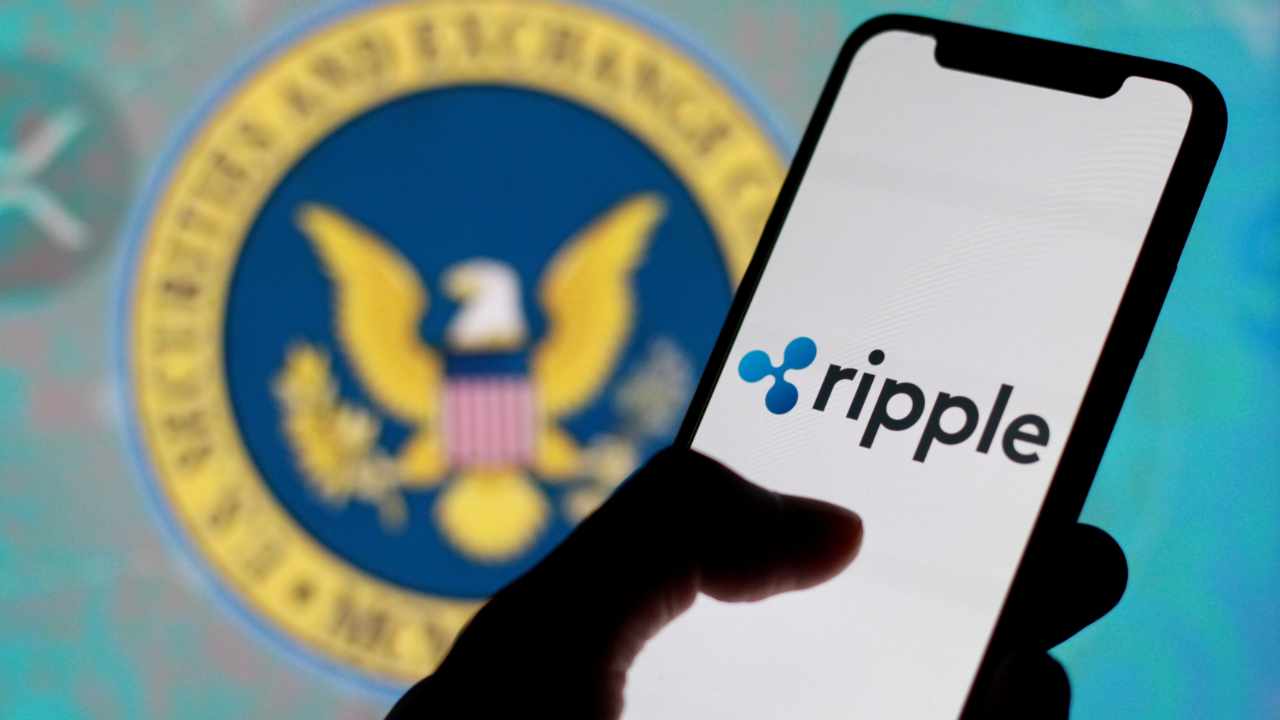The crypto space and the financial world at large are currently reacting to news that the United States Securities and Exchange Commission (SEC) may appeal the recent court ruling in its case against the blockchain company Ripple.
This development was revealed in the federal regulator’s latest petition in a separate ongoing lawsuit against Korean crypto investor Do Kwon and his company Terraform Labs, both of which are accused of committing fraud.
Is The SEC Planning To Make An Appeal Against Ripple’s Victory?
On July 13, Ripple gained a significant victory over the U.S. regulator when a U.S. District Court ruled that the sale of the XRP tokens to retail investors did not breach U.S. securities law. However, the case was the opposite with regard to sales to institutional investors.
A few days after, the defendants in the SEC vs. Terraform Labs et al. civil suit initiated a motion to dismiss the charges against them on July 18, with their arguments hinging on Ripple’s partial victory against the commission.
However, SEC filed a countermotion on July 21 and indicated the rulings in the Ripple case were not correct, nudging the court to disregard them.
In addition, the commission stated its staff had begun considering possible options to review this judgment which prompted discussions of a possible appeal among many investors and spectators alike.
SEC Could Emerge Victorious In Appeal Vs. Ripple – John Reed Stark
In contributing to the discourse around a potential appeal by the SEC in its case against Ripple, John Reed Stark, former chair of the Commission’s Office of Internet Enforcement, has expressed the federal watchdog does stand a chance of victory at the U.S Court of Appeals.
In supporting his stance, Stark referenced a similar case that occurred between 2007-2009. He stated that the commission had filed charges of insider trading against one Oleksandr Dorozhko, who had hacked into the computer network of IMS Health to obtain information on the company’s earnings hours prior to an official earnings announcement.
Using this information, Dorozhko was able to generate profits of about $287,346 upon the official release of the earnings report.
However, a U.S. District Court of the Southern District of New York ruled against granting the financial regulator’s motion for a preliminary injunction by judging that the alleged actions by Dorozhko did not violate the U.S. securities law as he did not infringe on “any fiduciary or similar duty ‘in connection with’ the purchase or sale of a security.”
According to Stark, the commission then approached the United States Court of Appeals for the Second Circuit who nullified the ruling by the District Court, stating that “nothing in the U.S. Supreme Court’s jurisprudence or prior decisions of our Court expressly imposes a fiduciary-duty requirement on the ordinary meaning of ‘deceptive’ where the alleged fraud is an affirmative misrepresentation rather than a nondisclosure.”
Upon the case being sent back to the District Court, the SEC’s motion for summary judgment was eventually approved.
It is worth stating that Stark did say that the SEC is not assured of a victory against Ripple as there are also instances that the commission had lost at the Court of Appeals, with him pointing out the SEC vs. Axon Enterprise Inc. case in April 2023.
Nevertheless, the former SEC chair concluded by stating that a triumph by the commission at the Court of Appeals would not be “unprecedented” and could well occur in its ongoing lawsuit against Ripple.





